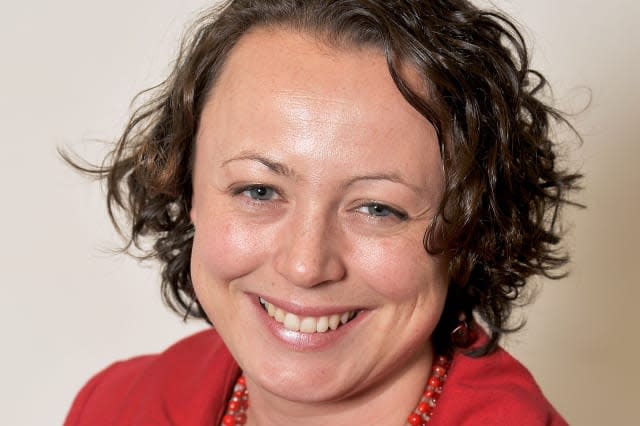Catherine McKinnell quits shadow cabinet over Labour's 'internal conflict'

Labour faced fresh turmoil as shadow attorney general Catherine McKinnell quit the shadow cabinet, with a warning to Jeremy Corbyn that he was taking the party "down an increasingly negative path".
Her resignation is the fourth from the Opposition leader's frontbench team in the wake of a contentious reshuffle which saw his left-wing supporters replace more moderate MPs and an opponent of Trident made shadow defence secretary.
Mr Corbyn said he was "happy" with the new line-up despite mounting criticism from within the ranks and the prospect of a bitter battle over his push to steer Labour to a policy of unilateral nuclear disarmament.
But he is to avoid a potentially-hostile ride at the hands of angry MPs tonight by defying recent convention and not addressing the first meeting of the Parliamentary Labour Party (PLP) after a Commons recess.
A spokesman said the leader would not speak as the meeting - which has been the forum for severe criticism of his leadership - would be centred on the issue of floods and so shadow environment secretary Kerry McCarthy would take the lead.
In a letter to Mr Corbyn, former employment solicitor Ms McKinnell, who represents Newcastle North, told him she had "shared your optimism for the 'new kind of politics' you spoke so compellingly about".
"However, as events have unfolded over recent weeks, my concerns about the direction and internal conflict within the Labour Party have only grown and I fear this is taking us down an increasingly negative path."
During last week's reshuffle, Mr Corbyn moved pro-Trident Maria Eagle from the shadow defence secretary role and replaced her with Emily Thornberry, who supports his call for Britain to disarm unilaterally.
He says he wants to give Labour activists a "big say" in whether the party continues to back the renewal of the UK's nuclear weapons system amid complaints that he is seeking to bypass MPs to switch stance.
The issue threatens to tear Labour apart with three shadow cabinet members - shadow work and pensions secretary Owen Smith, shadow education secretary Lucy Powell and shadow justice secretary Lord Falconer - already refusing to rule out quitting their posts if the party drops its backing for the nuclear deterrent.
Mr Corbyn's reshuffle also sparked wider unrest within the party after shadow culture secretary Michael Dugher and Europe spokesman Pat McFadden were sacked for criticising the leadership.
Stephen Doughty, Jonathan Reynolds and Kevan Jones quit as shadow ministers last week citing policy differences with the leader and unfair treatment of their colleagues.
Alison McGovern announced at the weekend that she was stepping down from heading a party poverty review after being infuriated by shadow chancellor John McDonnell's jibe that the Progress group - which she chairs - was "hard right".
Mr Corbyn said replacing the deterrent would go against the spirit of an international agreement and insisted Britain had to "make a contribution" if it wanted to live in a nuclear-free world.
"My whole election programme was based on the need for ordinary people to be able to participate much more in politics so that leaders don't go away and write policy, that executive groups don't go off and decide what the policy is, that ordinary people do," he told BBC Radio 4's Today.
Asked about Ms McKinnell's resignation, a spokesman for the Labour leader said he would "thank her for her service".


